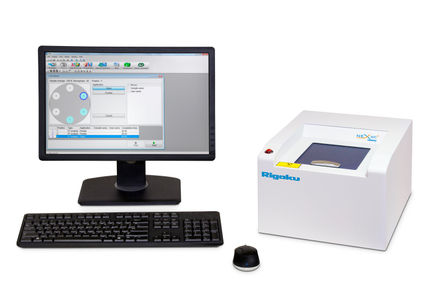To use all functions of this page, please activate cookies in your browser.
my.chemeurope.com
With an accout for my.chemeurope.com you can always see everything at a glance – and you can configure your own website and individual newsletter.
- My watch list
- My saved searches
- My saved topics
- My newsletter
Salt substituteSalt substitutes are edible products designed to taste similar to table salt, which is mostly sodium chloride. They usually contain mostly potassium chloride, which when consumed increases potassium intake. Because excess potassium intake can cause potentially fatal hyperkalemia, it is advisable to check with one's physician and pharmacist before using salt substitutes based primarily on potassium chloride. This is generally not a problem because the RDA of potassium is higher than that for sodium, yet a typical person consumes less potassium than sodium in a given day. Product highlightVarious diseases and medications may decrease the body's excretion of potassium, thereby increasing the risk of hyperkalemia. People with kidney failure, heart failure or diabetes should not use salt substitutes without medical advice. A manufacturer, LoSalt, has issued an advisory statement.[1] that people taking the following prescription drugs should not use a salt substitute: Amiloride, Triamterene, Dytac, Spironolactone, Aldactone, Eplerenone, and Inspra. Hydrolyzed protein[2] or 5'-nucleotides[3] are sometimes added to potassium chloride to improve the flavour of salt substitutes. See alsoReferencesCategories: Edible salt | Potassium compounds |
| This article is licensed under the GNU Free Documentation License. It uses material from the Wikipedia article "Salt_substitute". A list of authors is available in Wikipedia. |







